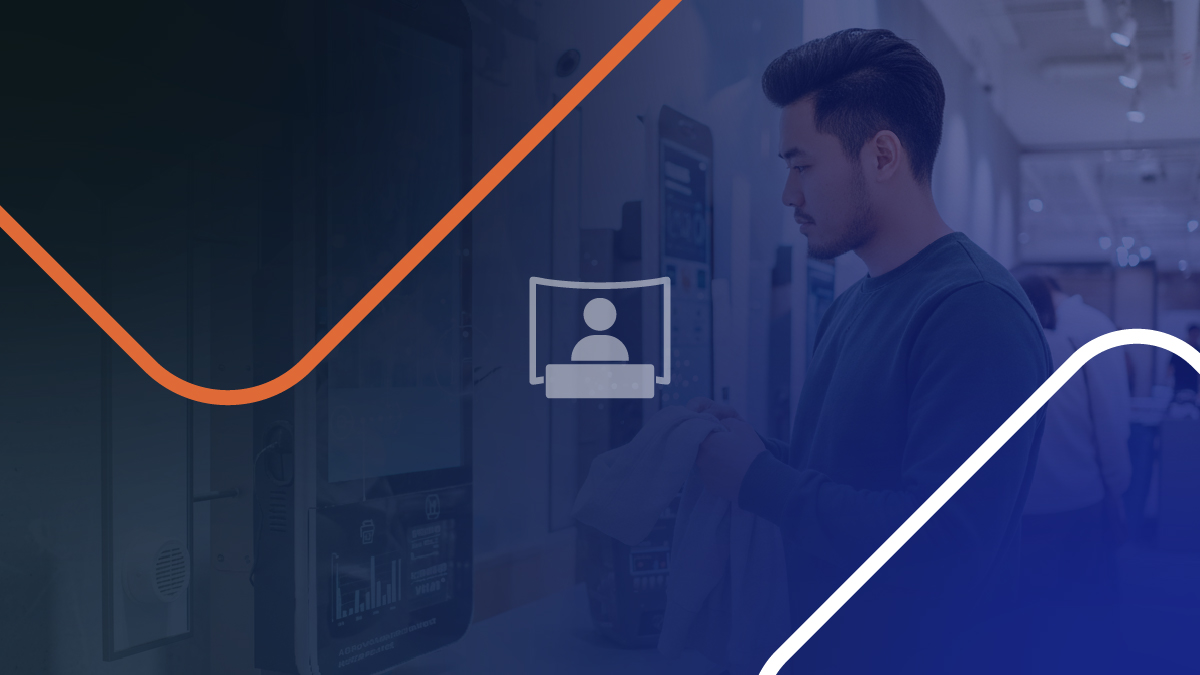
Unpacking the CARES Act: Relief for Small Businesses
March 31, 2020
Small businesses are extremely important to our economy. They employ almost half (47.5%) of the nation’s private-sector workforce. Unfortunately, due to stay-at-home orders and the closure of many non-essential businesses, small and medium businesses (SMBs)are beginning to suffer. To prevent matters from getting worse, the U.S. government passed the Coronavirus Aid, Relief, and Economic Security Act (also known as the CARES act), which seeks to prop up small businesses like yours, should you need extra help now or down the line.
For your reference, here is a list of benefits you may be able to take advantage of right now:
Small business loans
PayCheck Protection Program
Through the CARES Act, the U.S. Small Business Administration (SBA) was able to expand its Section 7(a) loan eligibility to create the PayCheck Protection Program (PPP).
PPP is designed to keep workers on payroll by providing each small business a loan of up to $10 million with a term of up to 10 years and a maximum interest rate of 4%. No personal guarantee is required on the loan, and businesses can use it for various purposes, including:
- Payroll (due to a recent change in the interim rule, independent contractors can not be counted as employees for the PPP loan calculation)
- Salaries
- Insurance premiums
- Mortgage, rent, and utilities
- Other debt obligations
How do I apply?
Small businesses can go to a participating SBA 7(a) lender, bank, or credit union for SBA-backed loans. Lenders may begin processing loan applications as soon as April 3, 2020. The application process has been streamlined and is only a few pages long. See a sample application and a list of documents you’ll need for your lender.
Economic Injury Disaster Loans
Additionally, through the SBA, small businesses can apply for their Economic Injury Disaster Loan (EIDL) and receive:
- Loans of up to $2 Million (interest rates are 3.75% for small businesses)
- A $10,000 cash advance to spend on fixed debts, payroll, accounts payable and other bills that can’t be paid because of the disaster’s impact. Funds are made available within three days of a successful application, and the loan does not have to be repaid.
See our deep dive on relief loans for a list of required documents for application submission. For more information, review the SBA’s EIDL overview. Additionally, SCORE is offering assistance filling out SBA loan applications and Small Business Development Centers are also offering help.
Delayed payroll taxes
Qualifying small businesses have the option to defer their share of this year’s Social Security taxes until next year and 2022. Half would be owed by the end of 2021 and the other half would be due on Dec. 31, 2022. Businesses still need to collect their workers’ share of Social Security and Medicare to send to the IRS.
Stephen Dombroski, senior payroll tax compliance manager at Paychex, says the intention is to free up those funds to be able to pay employees. Should they choose to defer, small businesses will need to consider if they’ll be able to set aside the money needed to pay those tax obligations because the percent owed on wages can certainly add up over time. Consult your tax advisor for the best solution for you.
Relaxed net operating loss rules
Before the CARES Act was passed, net operating losses (NOLs) were generally limited to 80 percent of a taxpayer’s taxable income, and taxpayers could not carry back those NOLs to claim a refund for taxes paid over previous years. The CARES Act eliminated the 80 percent taxable income limitation for NOLs until 2021 (for tax years beginning in 2018, 2019, or 2020), and allows taxpayers to carry NOLs back five years.
New tax filing deadline
Tax Day is now July 15. When filing and paying your 2019 taxes, you have a little extra time without the need to file an extension. However, the IRS suggests filing as soon as possible if you know you’re owed a refund.
Please keep in mind that this extension only applied to income and self-employment taxes. It does not extend the due dates for any other federal tax (e.g. payroll or excise taxes).
Additionally, most taxpayers can file online for free using Free File.
State resources
Not only are there federal relief options, but many states have stepped up too. Forbes has great resources available with up-to-date, state-by-state information.
As other resources become available, Field Nation will update this blog, so please bookmark it for future reference.
Other resources
- Field Nation Deep Dive Q & A: COVID-19 Small Business Relief Loans
- U.S. Chamber of Commerce: Coronavirus Emergency Loan Small Business Guide and Checklist
- Facebook: Small Business Grants
- Harvard Business Review: What Small Businesses Need to Survive the Coronavirus Crisis
RELATED RESOURCES
More from the field
- Field Service
- Industry Trends
- Field Service
- Product Updates
- Blog
- Best Practices
- Business Growth
- Blog




